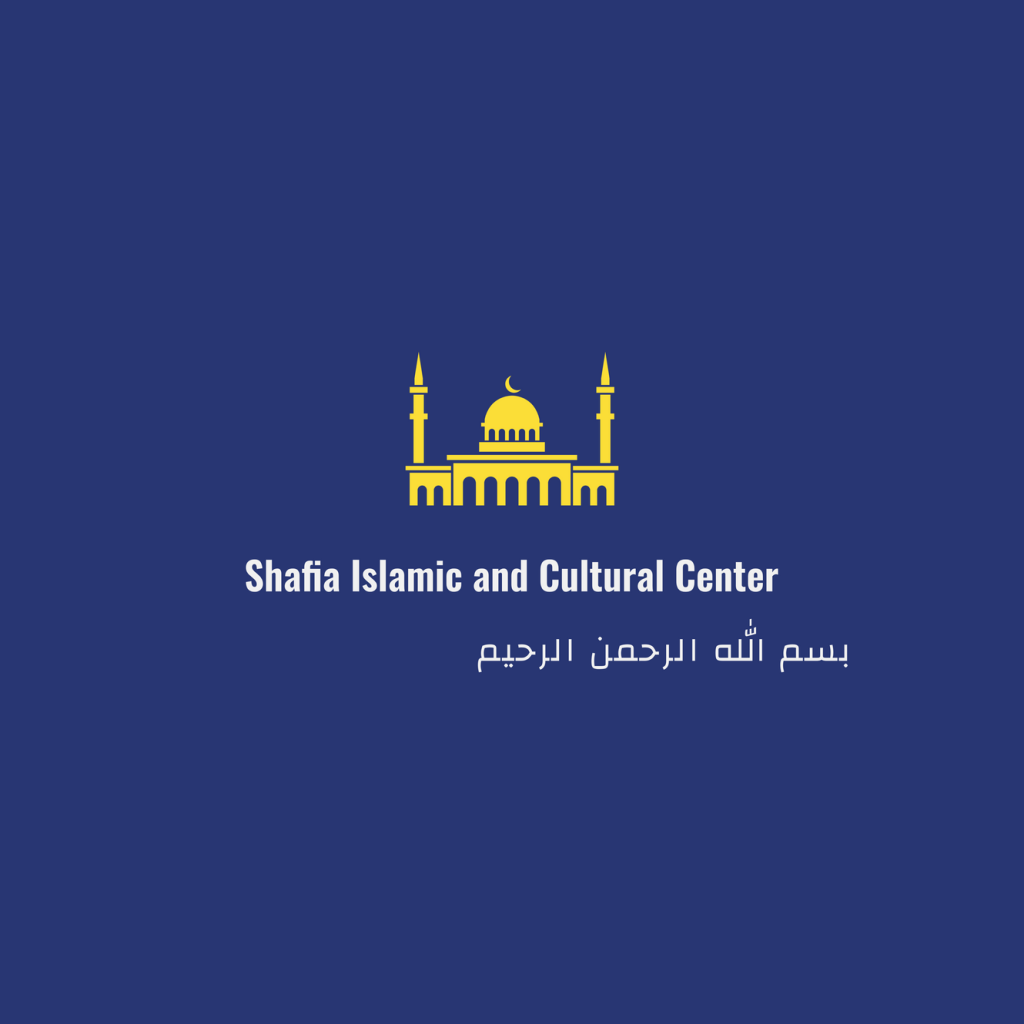Shafia Islamic and Cultural Center

CONTACT
HOURS
ETIQUETTE
Leader(s):
Imam/President: Hassan Ali
Vice President: Abdi Maalin
Phone number:
515-724-8308
Website:
shafiaculturalcenter.org
Jumah Prayer: Friday 12:30 pm (winter months); 1:30 pm (during daylight savings time)
Women should cover their wrists and ankles and should also cover their heads/hair with a scarf.
Men should not wear shorts.
All should be prepared to remove their shoes upon entering.
Women sit separately from men during services
Do not get in between someone who is praying and the mihrab toward which they are praying (which points the direction to Mecca).
In some mosques, men and women do not touch. Be mindful not to extend your hand (to shake hands) with a member of the opposite sex; however, if a member of the opposite sex extends their hand to you (to shake hands), then it is okay to shake hands.
Student Testimonial
The Shafia Islamic and Cultural Centre in Des Moines traces its origins back to Somalia, where many of its congregants lived before fleeing the country due to the Somali Civil War that began in 1991. Displaced by the conflict, they sought refuge first in Kenya and eventually resettled in the United States, with a significant portion settling in Des Moines. The community’s history is marked by displacement, resilience, and the enduring trauma of war, which continues to shape their identity and experiences.
Sufism is a mystical form of Islam, a school of practice that emphasizes the inward search for God and shuns materialism. The establishment of the Shafia Mosque as a Sufi center reflects the desire of its founders to create a space where they can practice their faith in a manner aligned with Sufi traditions while also honoring their Somali refugee identity.
The core practices and services at the Shafia Islamic and Cultural Centre revolve around daily prayers, which are conducted five times a day in the mosque’s prayer hall. On Fridays, congregants gather for the weekly congregational prayer, Jummah, which includes a translated Somali sermon, an original Arabic sermon (khutbah), and communal prayer led by one of the mosque’s five volunteer imams. Additionally, the mosque hosts religious and cultural classes for youth on weekends, aiming to impart knowledge about Islam and Somali culture to the younger generation. Special occasions such as Ramadan, Eid-al-Fitr, Eid-al-Adha, and Mawlid are celebrated with fervor, drawing large crowds to the mosque. Mawlid al-Nabi, Arabic for the “birthday of the prophet”, marks the anniversary of the Prophet Muhammad’s birth. Some Muslims commemorate the event because of its significance in Islam.
One of the distinctive features of the Shafia Islamic and Cultural Centre is its emphasis on Sufism as a guiding principle of faith and practice. The mosque serves as a spiritual and cultural hub for Somali Sufi Muslims in Des Moines, providing a space where they can connect with their religious heritage and express their identity as both Somali refugees and followers of Sufi Islam. The mosque’s physical transformation from a former church into a mosque reflects the community’s efforts to adapt and create a welcoming environment tailored to their needs and beliefs. The leadership of individuals like President and Senior Imam Hassan Ali, Vice President Abdi Maalin, and other imams underscores the community’s commitment to serving its members and preserving Somali, Sufi traditions in Des Moines.

